Gypsy happiness: what diseases have nomadic people developed immunity to
Categories: Children | Health and Medicine | Nations
By Pictolic https://pictolic.com/article/gypsy-happiness-what-diseases-have-nomadic-people-developed-immunity-to.htmlNo one will argue with the fact that most representatives of the Roma nationality have excellent health. Didn't you envy the gypsy kids who run around the street in winter in light clothes, without experiencing the slightest discomfort? It turns out that Gypsies can resist not only colds, but also many other diseases that are dangerous and even fatal for other peoples.
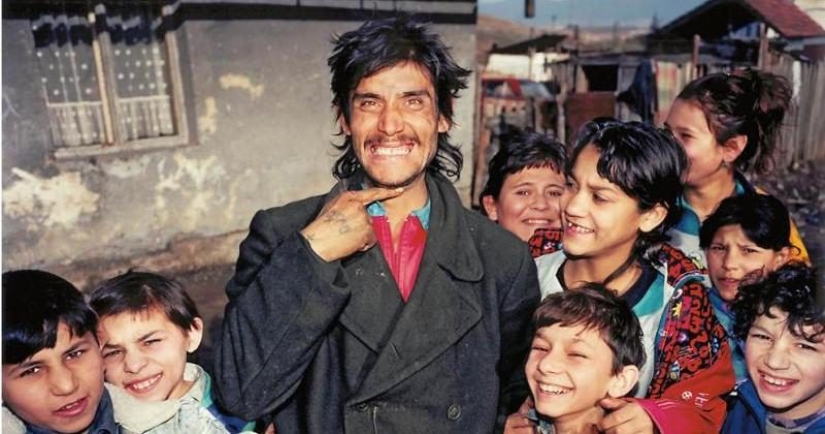
The amazing ability of Gypsies to adapt to the most unfavorable conditions has been noticed by scientists for a long time. Most experts believe that it is associated with a special immunity that has been tempered for many centuries. Scientists even suggest that the susceptibility to many diseases in Gypsies is significantly reduced or completely absent.
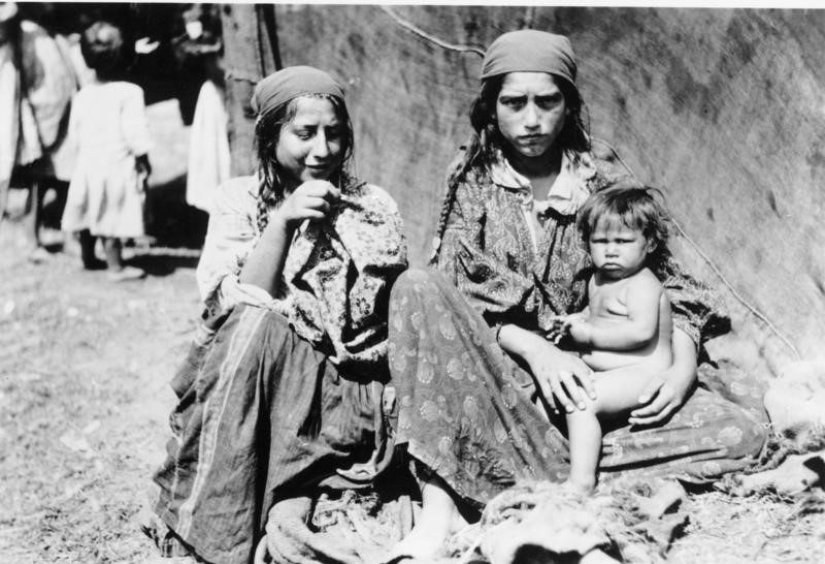
An immunologist from the Netherlands, Mihai Netea, who works at the Medical Center of the University of Nijmegen, believes that Roma Gypsies have immunity to the plague. The ancestors of this people came to Europe a thousand years ago from the north of India, where the plague is a very frequent visitor. Perhaps that is why in the XIV century, when a third of Europeans died due to the largest epidemic of the black death in history, losses among Gypsies were minimal.
Having studied together with Spanish colleagues the reaction of immune cells to the plague bacillus, Netea came to the conclusion that the low incidence of Gypsies with this disease is associated with a mutation in the fourth chromosome. Three special genes encode toll receptors for effective recognition of this infection and a quick response to suppress it.
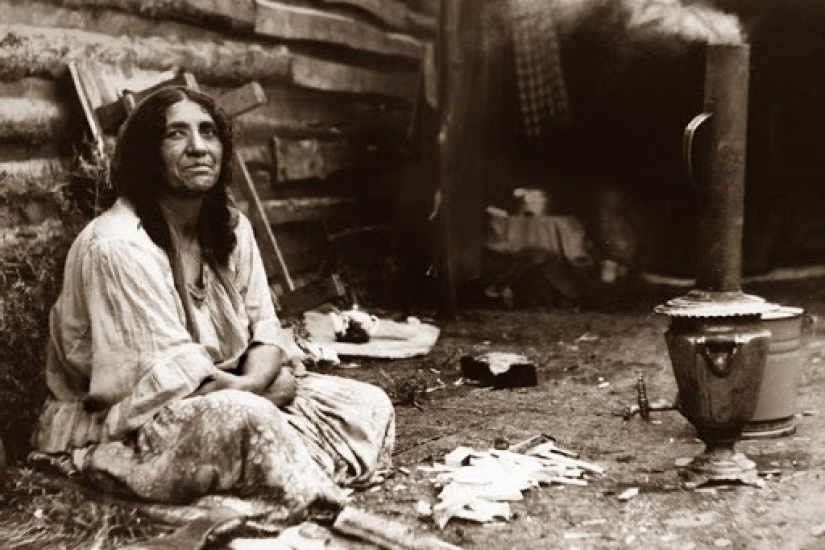
Immunity to the plague wand was not limited to everything. Dr. Netea examined the DNA of one hundred European Gypsies and five hundred residents of northwestern India who have common roots. Gypsies differed from Hindus by the presence of the ADAMTS-12 gene, which increases the body's resistance to autoimmune diseases.
This gene helps to avoid many health problems, including rheumatoid arthritis. Mihai Netea does not undertake to claim that Gypsies do not suffer from this disease at all, but he has strong evidence that representatives of this people are much less likely to get arthritis.

The medical journal Pnas has published the results of research by geneticists who have determined that European Gypsies have receptors that increase the body's resistance to such deadly diseases as tuberculosis and leprosy (leprosy).
The joint work of Spanish, Indian, Romanian and Dutch immunologists led by Dr. Hafid Laayuni (University of Pompeu Fabra) and Maria Oosting (University of Nijmegen), showed that there are TLR1, TLR6 and TLR10 receptors in the DNA of Gypsies. They confirm that the genome of this people was affected centuries ago by an infection that left behind immunity.
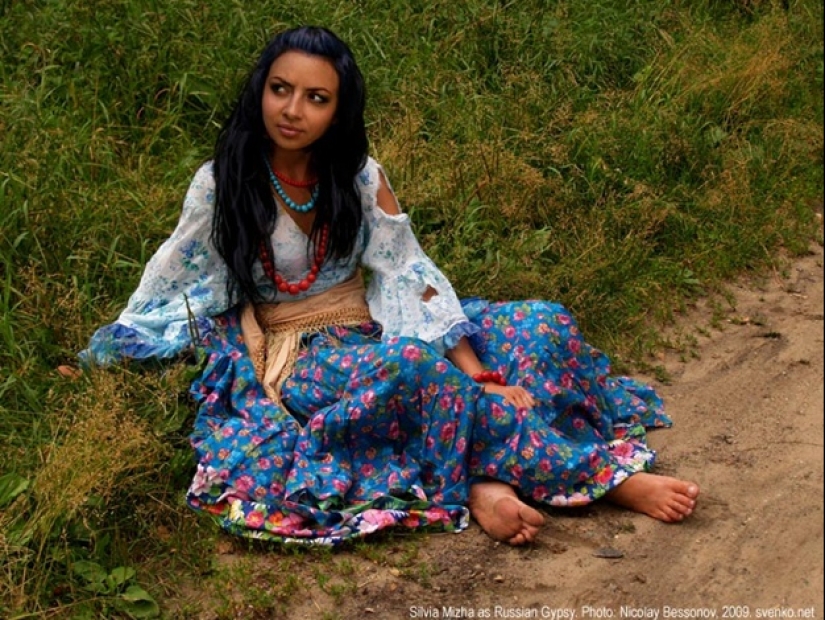
Repeated medical studies suggest that Gypsy women are much less likely to suffer from breast cancer. At the same time, scientists are sure that in this case it's not about immunity at all, but about lifestyle.
Oncologists of the scientific center named after Hutchinson in Seattle, led by Dr. Elizabeth Biaber, established a relationship between breast cancer and the use of certain contraceptives. These hormonal drugs can increase the risk of cancer in women by 50%.
In addition, fatty foods, overeating and, especially, the birth of the first child after 30 years increase the likelihood of encountering this disease. Needless to say, the vast majority of Gypsies are not at risk. Early marriages, large families and moderation in food do their job.
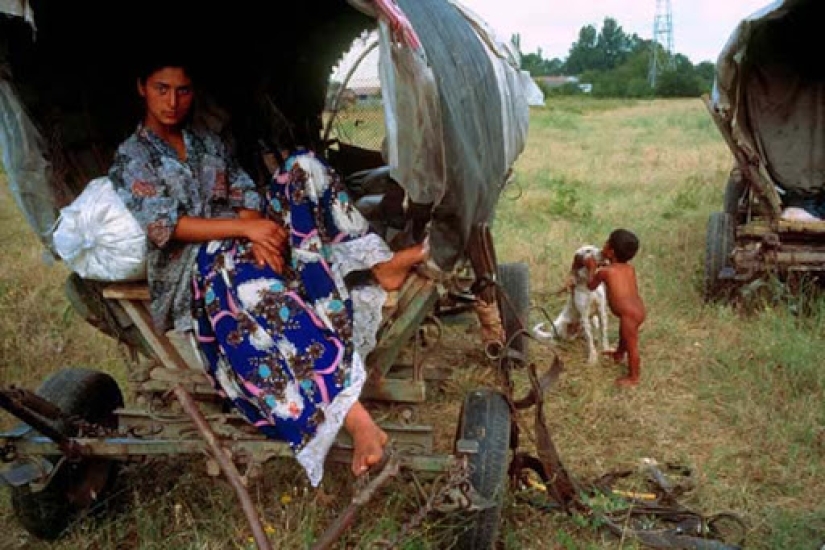
Most gypsies no longer roam. It is known that only 5% of them adhere to ancient traditions, and the rest prefer a settled life. Nevertheless, resistance to natural allergens, as well as all kinds of bacteria that live in the soil, river water, on the skin and in animal meat, these people still have preserved.
Scientists from the Massachusetts Institute of Technology and their colleagues from Harvard University studied the intestinal microflora of 200 children from European Gypsy families and found that the unsanitary conditions in which they live have a positive effect on their immunity. Interestingly, contact with the environment saves Gypsy children from such autoimmune ailments as type 1 diabetes and allergies.
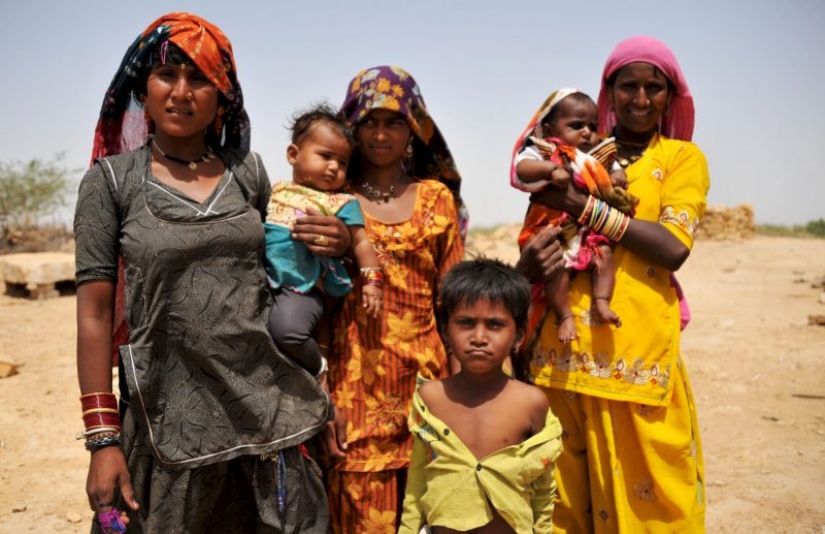
The UN report for 2003 noted an obvious fact — the Roma of Eastern and Central Europe live in unfavorable conditions. At the same time, out of six Gypsies, one constantly feels hungry. The lack of stable income forces the majority of Roma families to limit themselves in food.
Of course, this is not too good, but there is a positive side to this problem. Forced diet and rare intake of high-calorie food significantly reduces the likelihood of cardiovascular diseases. This was confirmed by the research of gerontologist Walter Longo from the University of Southern California, who also found that fasting reduces the number of enzymes that accelerate the aging of the body.
All these scientific facts do not mean that Gypsies are insured against diseases and can not be afraid of them at all. But due to the developed immunity, lifestyle and traditions, some pathologies are less common in Gypsies than in people of other nationalities.
Keywords: Children | Health | India | Nomads | Gypsies | Plague | Epidemic
Post News ArticleRecent articles

It's high time to admit that this whole hipster idea has gone too far. The concept has become so popular that even restaurants have ...

There is a perception that people only use 10% of their brain potential. But the heroes of our review, apparently, found a way to ...
Related articles

Photographer Supernaw das was born in Calcutta, studied at the School of visual arts in new York. For his graduation project, he ...

In this post we will talk about those times, when the concept of "care for children" had a completely different meaning than now. ...

Yes, Pets benefit our health and it is proven by science. Their very existence certainly makes us happier, but also prolongs life. ...

New Year's is a time to surprise and delight loved ones not only with gifts but also with a unique presentation of the holiday ...